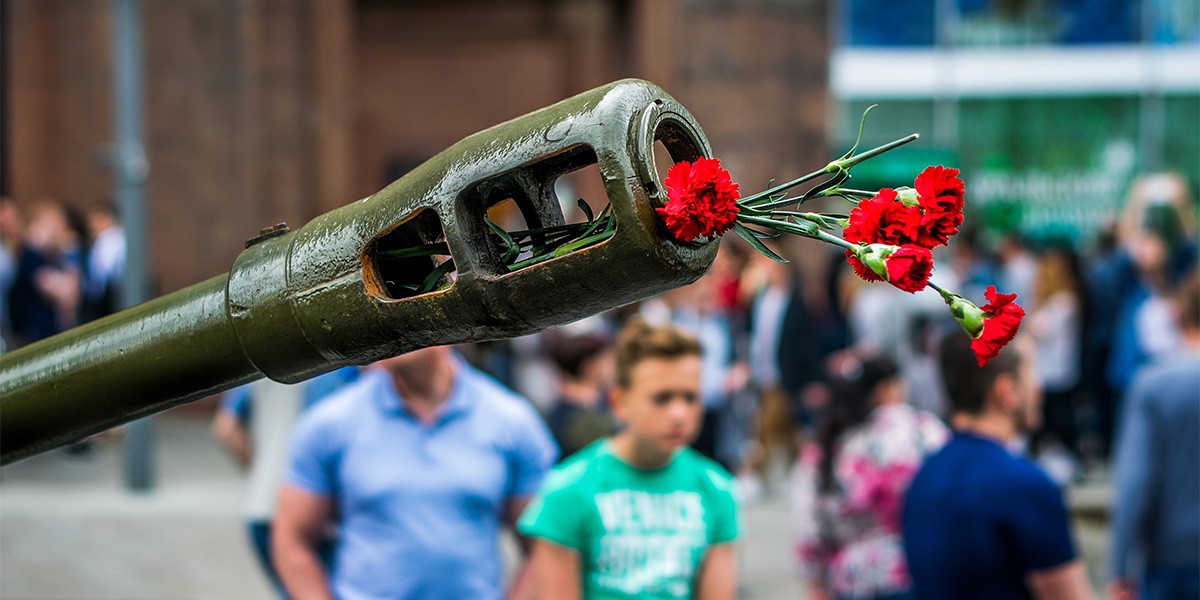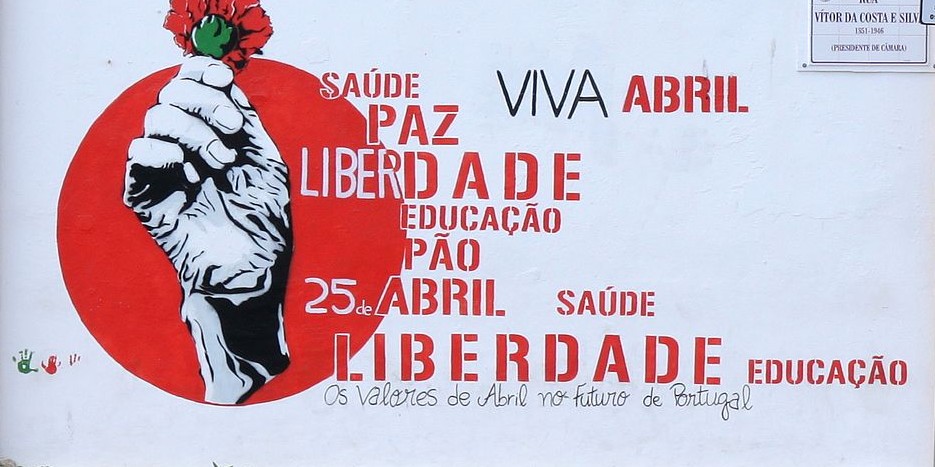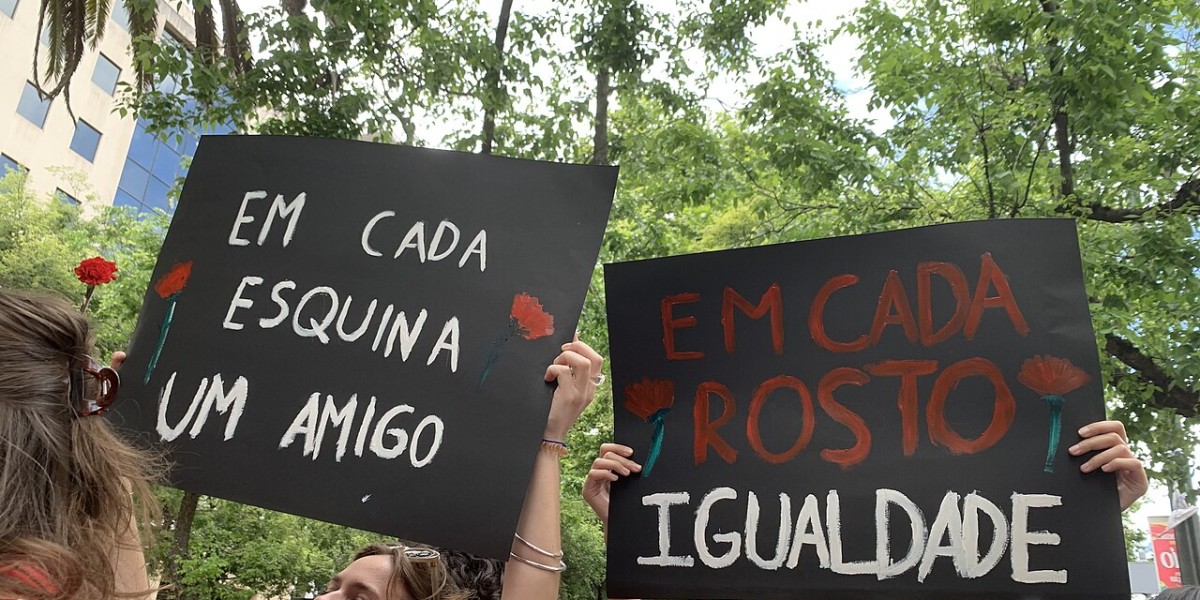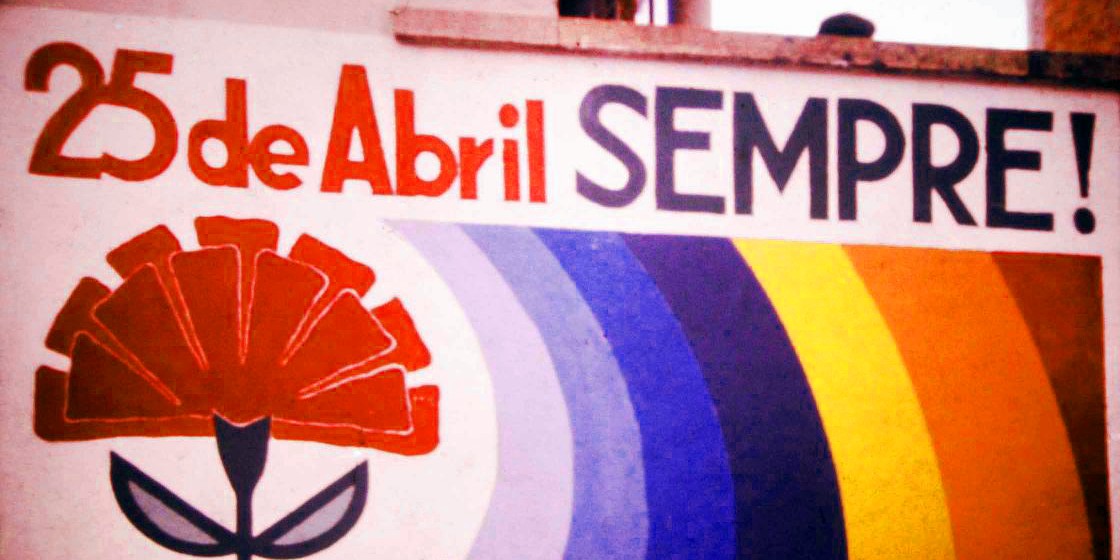
On 25th April, 1974, Portugal underwent a fundamental transformation known as the Carnation Revolution. This pivotal event marked the end of the Estado Novo dictatorship and the start of Portugal's path to democracy. The day is celebrated annually as Freedom Day to honour this peaceful transition and the newfound era of freedom and democracy.
What happened on 25th April in Portugal?

Spearheaded by the Armed Forces Movement (MFA), a group of military officers disillusioned with the regime, the revolution began in the early morning. Seizing key locations in Lisbon, the MFA quickly gained support from the population, who joined them in the streets. The red carnations handed to soldiers symbolised the peaceful nature of this revolt and have become an enduring emblem of the revolution. This historic event initiated Portugal's transition to democracy, restoring civil liberties, abolishing censorship, and starting the decolonisation process.
The political context before the 25th April
Leading up to the revolution, Portugal was under the Estado Novo regime, implemented by António de Oliveira Salazar in 1933. The Estado Novo was characterised by censorship, repression, and the suppression of political freedoms. Political unrest was further fueled by the drawn-out and costly Colonial War in Africa, with conflicts in Angola, Mozambique, and Guinea-Bissau. Amidst economic stagnation and growing discontent, the people and military were ripe for change, setting the stage for the Carnation Revolution and Portugal's democratic transformation.
Why is it called the Carnation Revolution?

The peaceful coup began with key operations initiated through radio signals, using songs as a secret code. The military strategically occupied Lisbon's critical sites, and the regime's end came peacefully when Marcelo Caetano surrendered. As soldiers moved through the city, civilians placed red carnations in their rifles, symbolising the non-violent nature of the movement. Though largely peaceful, the revolution saw some unrest, and members of the political police unfortunately opened fire on demonstrators, resulting in some casualties.
What happens on Freedom Day in Portugal today?

On Freedom Day in Portugal, parades celebrate the Carnation Revolution, with gatherings and live performances happening across various cities.
As it is a national holiday in Portugal, shops and businesses are likely to be closed. Despite this, larger supermarkets and major retailers might stay open, particularly in urban areas.
Concerts celebrating freedom
The Freedom Day celebrations in Portugal comprise a programme of concerts and cultural events to commemorate the anniversary. From north to south, artists across various musical genres will take to the stage to pay tribute to the freedom and democracy gained in 1974.
Lisbon
- 25 April at 5:00 p.m.: Tribute to António Variações with ‘À Variações’
- 25 April at 9:30 p.m.: Sara Correia performance
- 26 April at 9:30 p.m.: Marisa Liz performance
Coimbra
- 25 April at 6:00 p.m.: ‘April Walls’ show featuring Stereossauro, DJ Ride, Ricardo Gordo, Ana Magalhães, Pedro Jóia, Beatriz Rosário, Ricardo Silva, and Rui Pato
Setúbal
- 25 April: Performance by Carolina Deslandes
Seixal
- 25 April at 9:00 p.m.: A Liberdade - World Dance Day Commemorative Show

